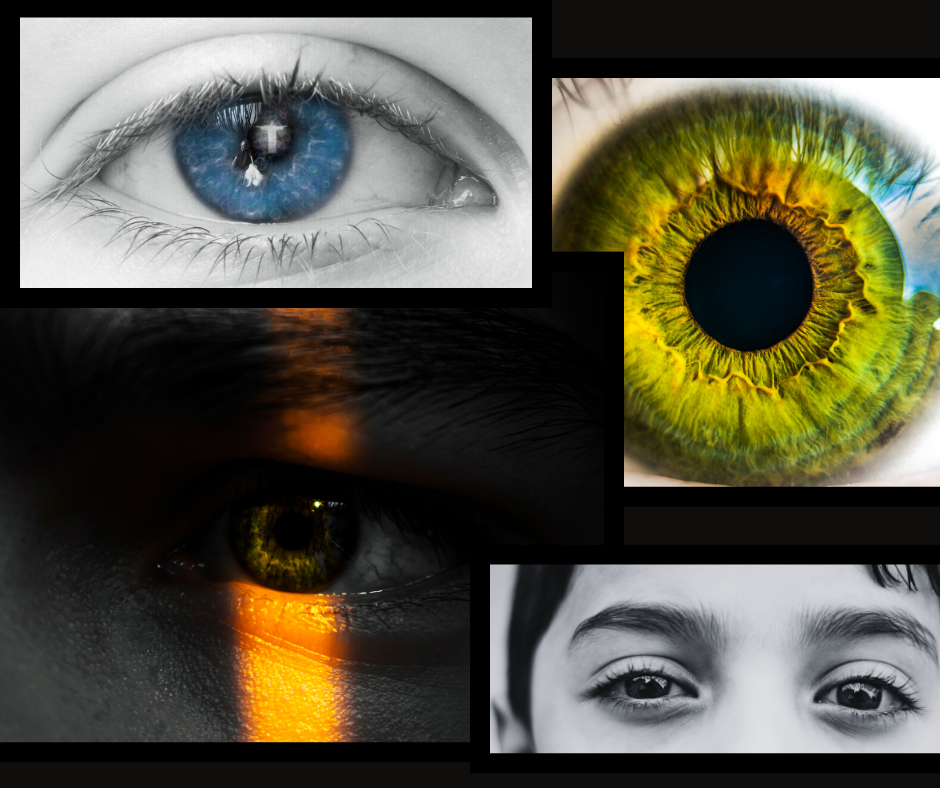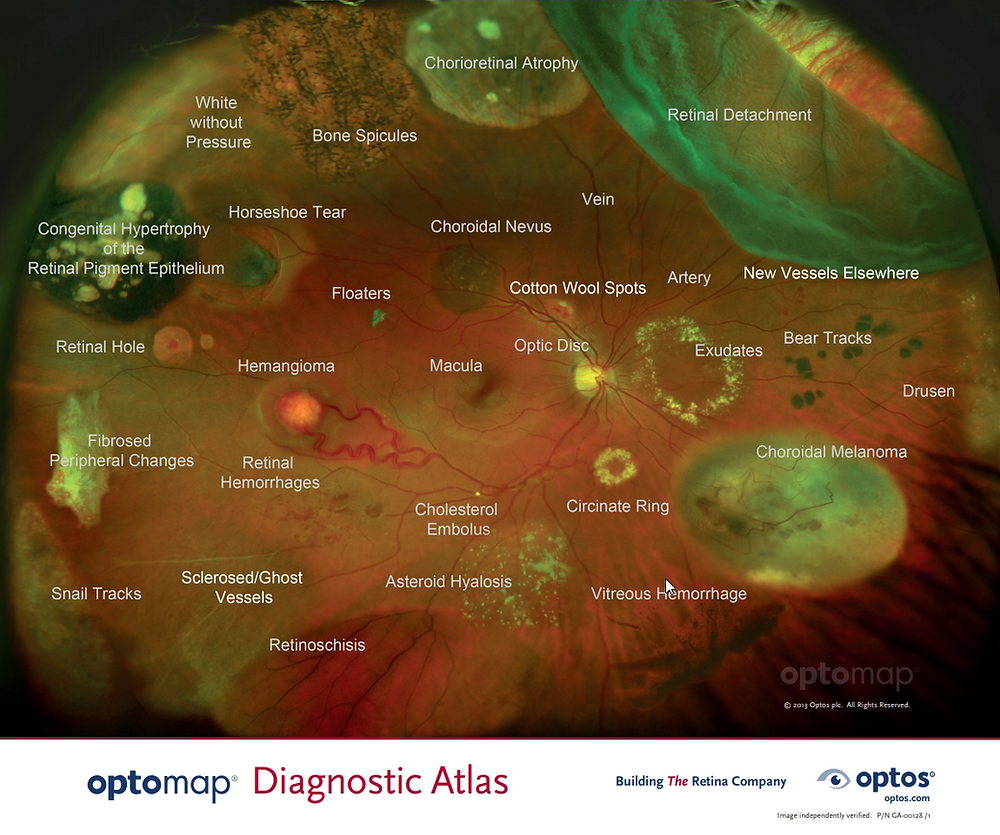What is Dilation? Why is it Important for ME?
It is extremely important for your eye doctor to be able to check the health of your retina (including your optic nerve, macula, and the blood vessels that spread throughout the retina) during your yearly comprehensive eye exam. The retina is made up of nerve cells that connect directly to the brain and the body, which gives your eye doctor an important window into your overall health as well as the wellbeing of your eye health and vision. Actually, The blood vessels in the retina are the only place that a doctor can see blood vessels in the body without being invasive or having to cut the body open! Because of this, eye doctors can often detect diseases like diabetes, hypertension, and elevated cholesterol before other physicians.
The primary way to get a good look at the retina is to dilate the eyes. We dilate to enlarge the pupil, which is the black circle in the middle of your eye. The pupil is like a window that your eye doctor can look through to give a full examination of the health of your eyes. In order to do this, an eye drop which relaxes the iris and allows the pupil to expand (or dilate) is instilled into each eye (preceded by a numbing eye drop to minimize discomfort). This allows the doctor to use a bright light and special lenses to look into the back of the eye and examine the retina for any signs of damage or health issues.
There are some temporary side effects that come along with the dilation. After dilation, a person will be more sensitive to light as well as experience some blurry vision up close, making reading and computer work uncomfortable for several hours after you are dilated. We always provide roll-up sunglasses at the checkout counter that you can wear underneath your regular glasses. If you have your own sunglasses that works great too! Driving is still ok when you are dilated, as it affects primarily your near vision rather than your distance vision, although some patients are still more comfortable bringing a driver with them.
For kids, there is an additional important reason that we dilate their eyes – in order to get an accurate measurement on any prescription they may need to help correct any vision problems, dilation can be necessary. As kids, our eye muscles are incredibly strong, and can accommodate and focus much more than an adult’s eye muscles, which can potentially “hide” prescriptions that the child might actually need. Dilation helps relax those muscle fibers needed to accommodate, and enables us to get an accurate measurement for glasses or contact lens prescription.
At our office, we will always give a thorough comprehensive exam whether or not a patient is dilated. However, the doctor’s field of view to examine the back of your eye can be very limited if we are not permitted to dilate. Below are some examples of some (but not all) medical conditions that can present in the retina and included structures. As you can see, allowing your eye doctor and his staff to dilate dramatically increases our ability to care for you properly and catch any early signs of issues going on , that if left undiagnosed/untreated, could progress to cause lasting damage to your eye health nd ultimately your vision.

